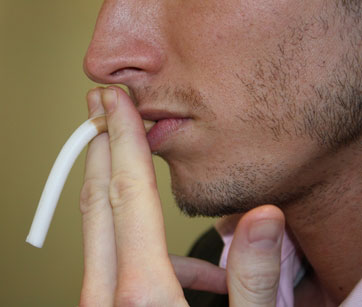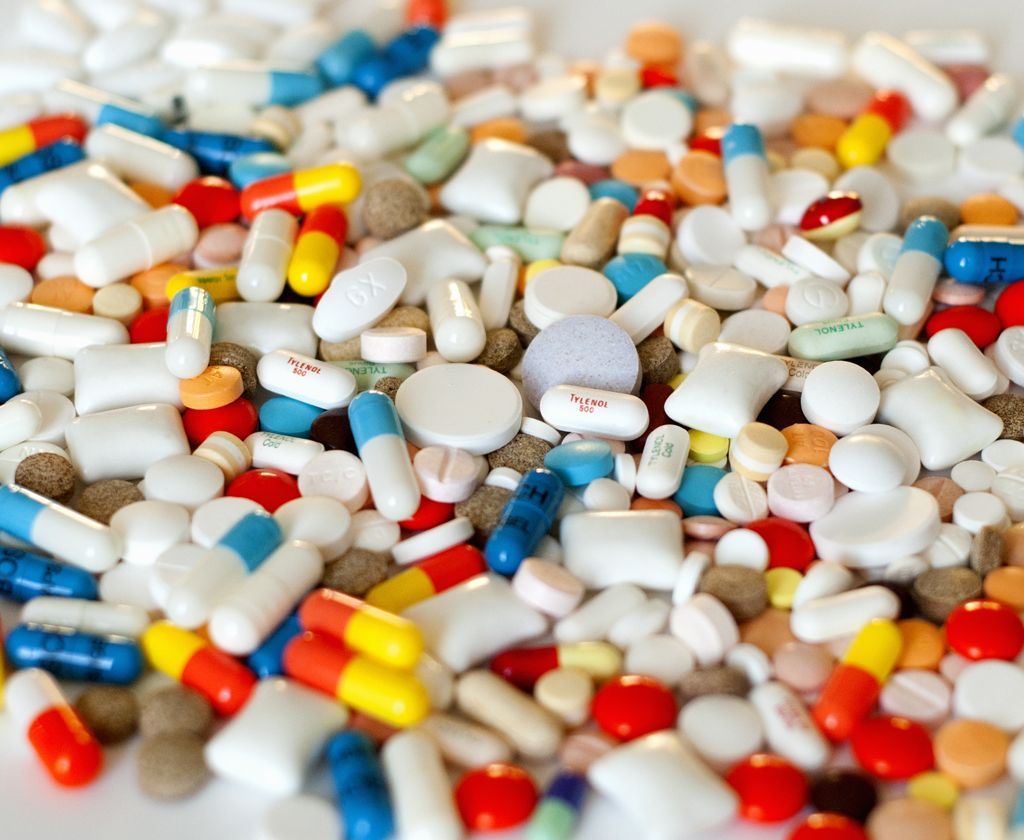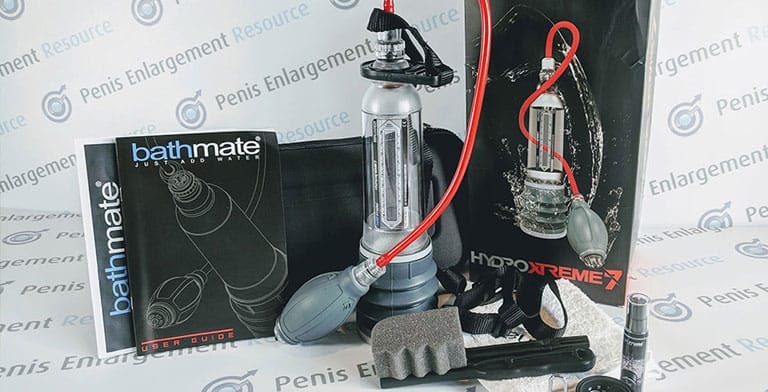Erectile dysfunction (ED) is a sexual dysfunction characterized by the inability to achieve or maintain an erection sufficient for sexual activity. ED can have a range of physical and psychological causes and can be a chronic condition that affects a man’s quality of life and relationships.

Erectile dysfunction is more common thank you think
It is treatable and perhaps preventable, don’t ignore it though. It could be a sign of problems elsewhere in the cardiovascular system.
According to a review published in the Journal of Sexual Medicine, ED affects an estimated 52% of men between the ages of 40 and 70. The prevalence of ED increases with age, with an estimated prevalence of 40% among men in their 40s, 50% among men in their 50s, and so on. However, ED can affect men of all ages, and it is not necessarily a normal part of aging.
There are a variety of treatment options for ED, including medications such as sildenafil (Viagra), tadalafil (Cialis), and vardenafil (Levitra), as well as injections, vacuum pumps, and surgery. Vacuum pumps, also known as penis pumps, are devices that use suction to help a man achieve and maintain an erection. They can be an effective treatment for ED in some men, particularly when used in combination with other therapies. However, vacuum pumps are not recommended for all men with ED and should be used under the guidance of a healthcare provider.
It is important to note that ED is a treatable condition, and seeking medical help can often improve a man’s sexual function and overall quality of life. If you are experiencing ED and are concerned about it, it is important to speak with a healthcare provider for proper evaluation and treatment.
Lifestyle factors linked to erectile dysfunction
Research has shown that maintaining a healthy lifestyle, including following a healthy diet and engaging in regular physical activity, can help to prevent or improve ED. Some specific lifestyle factors that may be linked to ED include:
- Obesity: Being overweight or obese can increase the risk of ED. Excess body weight can lead to the development of conditions such as heart disease and diabetes, which are known risk factors for ED. Losing weight through a combination of diet and exercise can help to improve ED in overweight or obese men.
- Unhealthy diet: A diet high in processed foods, sugar, and unhealthy fats (such as trans fats and saturated fats) may increase the risk of ED. Eating a diet that is rich in fruits, vegetables, whole grains, and lean proteins may help to prevent or improve ED.
- Lack of physical activity: Regular physical activity can help to improve blood flow and circulation, which are important for healthy erectile function. Men who are inactive may be at higher risk for ED. Engaging in at least 150 minutes of moderate-intensity physical activity per week, such as brisk walking or cycling, is recommended to help prevent ED.
- Smoking: Research has shown that smoking can increase the risk of ED. Smoking damages blood vessels, including those that carry blood to the penis, which can lead to ED. Quitting smoking can help to improve blood flow and circulation, which are important for healthy erectile function.
- Lack of sleep: Getting enough sleep is important for overall health and well-being. Lack of sleep can lead to a range of health problems, including ED. Research has shown that men who have sleep disorders or who do not get enough sleep may be at higher risk for ED. Getting enough sleep (generally 7-9 hours per night for adults) can help to improve sexual function and overall health.

It’s important to note that these are just a few examples of lifestyle factors that may be linked to ED, and there are many other factors that can contribute to the development and severity of ED.
Vitamin and mineral deficiencies linked to erectile dysfunction
There is some evidence to suggest that certain vitamin and mineral deficiencies may be linked to an increased risk of erectile dysfunction (ED).
There is some evidence to suggest that vitamin D, zinc, and magnesium supplements may be helpful for treating erectile dysfunction (ED) in some men. However, it’s important to note that the evidence is not conclusive and more research is needed to confirm the effectiveness of these supplements for ED.
Vitamin D: Low levels of vitamin D have been linked to an increased risk of ED. Some research suggests that vitamin D supplements may be helpful for improving ED in men with low vitamin D levels. However, more research is needed to confirm this.
Zinc: Zinc is a mineral that is important for sexual function, and low levels of zinc have been linked to ED. Some studies have found that zinc supplements may be helpful for improving ED in men with low zinc levels. However, more research is needed to confirm this.
Magnesium: Magnesium is a mineral that is important for overall health, and low levels of magnesium have been linked to ED. Some research suggests that magnesium supplements may be helpful for improving ED in men with low magnesium levels. However, more research is needed to confirm this.
It’s important to note that these are just a few examples of supplements that have been claimed to help with ED. It is always important to speak with a healthcare provider before taking any supplement, as they can interact with medications and may not be suitable for everyone. It’s also important to remember that dietary supplements are not regulated by the FDA in the same way as prescription medications, and the quality and safety of these products may vary.
Other supplements that have been linked to erectile dysfunction treatment
There are a number of dietary supplements that have been marketed as potentially helpful for treating erectile dysfunction (ED). However, it’s important to note that the effectiveness of these supplements has not been definitively proven, and they may not be suitable for everyone.
Some dietary supplements that have been claimed to help with ED include:
- L-arginine: This is an amino acid that is converted in the body to nitric oxide, a substance that helps to relax blood vessels and improve blood flow. Some research suggests that L-arginine supplements may help with ED in some men, but more research is needed to confirm this. It is a peculiar amino acid that may have a bright future as a supplement.
- Ginkgo biloba: This is a herb that is claimed to improve blood flow and circulation, and some people use it to treat ED. However, the evidence for its effectiveness is mixed and more research is needed. Not recommended, only use it as a last resort.
- Korean red ginseng: This is a type of ginseng that is claimed to have a range of health benefits, including improving sexual function. Some research suggests that it may be helpful for ED, but more research is needed. Again, stick to vitamins and minerals first.
- Yohimbe: This is a herb that is claimed to improve sexual function, including by helping with ED. However, yohimbe can cause serious side effects, including high blood pressure, heart palpitations, and anxiety, and it is not recommended for use.
It’s important to note that these are just a few examples of dietary supplements that have been claimed to help with ED. It is always important to speak with a healthcare provider before taking any supplement, as they can interact with medications and may not be suitable for everyone. It’s also important to remember that dietary supplements are not regulated by the FDA in the same way as prescription medications, and the quality and safety of these products may vary.
FDA-approved treatments for erectile dysfunction
There are several medications that have been approved by the US Food and Drug Administration (FDA) for the treatment of erectile dysfunction (ED). ED is a sexual dysfunction characterized by the inability to achieve or maintain an erection sufficient for sexual activity.

Here are a few examples of FDA-approved medications for ED, along with some information about their effectiveness and costs:
- Sildenafil (Viagra): This medication is a phosphodiesterase type 5 inhibitor that helps to relax blood vessels and improve blood flow to the penis. It is taken as a pill and is generally effective for ED in about 70% of men. The cost of sildenafil can vary, but a typical price for a month’s supply is around $60-$80.
- Tadalafil (Cialis): This medication is also a phosphodiesterase type 5 inhibitor and works in a similar way to sildenafil. It is taken as a pill and is generally effective for ED in about 70% of men. The cost of tadalafil can vary, but a typical price for a month’s supply is around $100-$150.
- Vardenafil (Levitra): This medication is also a phosphodiesterase type 5 inhibitor and works in a similar way to sildenafil and tadalafil. It is taken as a pill and is generally effective for ED in about 70% of men. The cost of vardenafil can vary, but a typical price for a month’s supply is around $100-$150.
- Alprostadil (Caverject, Edex): This medication is a vasodilator that helps to relax blood vessels and improve blood flow to the penis. It is available as an injection or a suppository and is generally effective for ED in about 70% of men. The cost of alprostadil can vary, but a typical price for a month’s supply is around $200-$300.
It’s important to note that these are just a few examples of FDA-approved medications for ED, and there are other treatment options available. The choice of treatment will depend on the individual’s specific circumstances and preferences, and it is important to speak with a healthcare provider for proper evaluation and treatment.
Penis pumps as a treatment for erectile dysfunction
Penis pumps, also known as vacuum pumps, are devices that use suction to help a man achieve and maintain an erection. They are sometimes used as a treatment for erectile dysfunction (ED), a sexual dysfunction characterized by the inability to achieve or maintain an erection sufficient for sexual activity.
Penis pumps work by creating a vacuum around the penis, which helps to draw blood into the penis and cause an erection. To use a penis pump, a man places the pump over his penis and then pumps the device to create suction. The suction helps to draw blood into the penis and cause an erection, which can be maintained by wearing a constricting ring around the base of the penis.
The effectiveness of penis pumps for ED varies, but some research has suggested that they may be helpful for ED in some men. For example, a review published in the Journal of Sexual Medicine found that penis pumps were effective for ED in about 50% of men. However, it’s important to note that the effectiveness of penis pumps may vary, and they may not be suitable for all men with ED.
The cost of penis pumps can vary, but they are generally more affordable than other ED treatments such as medications. A typical price for a penis pump is around $100-$200. However, it’s important to note that the cost of a penis pump may be covered by insurance in some cases.

Penis pumps have also been shown to have a positive effect on penis size. There is scientific evidence for penis pumps as a penis enlargement method, albeit modest but still with positive results.
It’s important to note that penis pumps are not a cure for ED and do not work for all men. They are also not recommended for men with certain medical conditions, such as sickle cell anemia or bleeding disorders. If you are interested in using a penis pump for ED, it’s important to speak with a healthcare provider for proper evaluation and guidance.